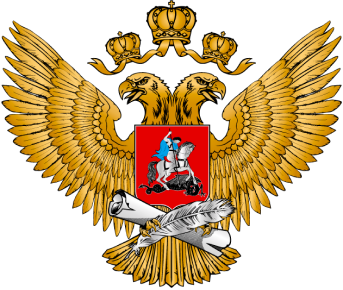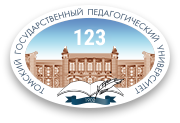Record Number of Applicants for Russian Language Courses in Kenya
New groups of students — both beginners and continuing learners — have started their classes at the Center for Open Education in Russian and Teaching of the Russian Language in Nairobi (Kenya). The students will undergo two months of training under the guidance of instructors fr om the Institute of Foreign Languages and International Cooperation, combining theory and practice, and exploring Russian history and culture through workshops and other activities.
A record 848 applications were submitted by Kenyans for the 2025 courses – the highest number in the Center's three-year history. This sharp increase indicates a growing interest in the Russian language and Russia as a whole, as well as the value of the opportunities provided by the Center, which was established with the support of the Russian Ministry of Education and the «My History» foundation.
«The study of the Russian language in Kenya is becoming increasingly relevant as an important element for strengthening bilateral relations between our two countries, — said Dmitry Charnetsky, Advisor to the Russian Embassy in Kenya. — In recent years, more Kenyans have been asking wh ere and how they can start learning Russian. This Center, established with the direct involvement of the TSPU, provides that opportunity. The classes are designed with intercultural competence in mind, covering not only grammar and vocabulary but also Russian traditions, customs, and cultural codes. This gives students access to Russia's rich cultural heritage, science, and literature, broadening their educational and professional horizons».
The courses are based on four specialized programs. One uses the textbook «Russian as a Foreign Language for Kenyan Students: Elementary Level», developed and culturally adapted by the Institute's staff. The «Step by Step: We Speak Russian» program covers phonetics, reading, writing, and essential vocabulary and grammar. «Russian for Tourism» focuses on key language for the hospitality and service industries, while the «Discover Russia» course introduces students to Russian lifestyle, traditions, geography, art, and regional diversity.
«For the beginner group, we have prepared a very intensive program, — said Dina Mymrina, Head of the Department of English Philology and Intercultural Communication. — Over several months, students will learn the alphabet, fundamental grammar, and develop listening, reading, and writing skills. Special attention will be paid to basic conversational topics and phonetics, which is often challenging for Kenyan learners».
A key development this year is the introduction of a course for continuing students, using the newly presented "Basic Level" textbook.
«As this is the program's third year, we are welcoming back students fr om previous years, — commented Lyudmila Kolpakova, Head of the Department of Business Communication. — They use the textbook that features realities from both Russian and Kenyan life. Students are delighted to encounter familiar words like "ugali", "savanna", "baobab", and "masala". This helps us employ a communicative method, wh ere students practice dialogues for real-life situations.».
The continuing students will have a chance to apply their skills at special events, including the International Russian History Olympiad for Foreign Citizens in 2025. Additionally, to deepen their knowledge of Russia, instructors will hold two cultural events: «Introduction to Russian Culture» and «We Are Going to Russia». These will allow Kenyan students to learn about modern Russia, its traditions, vast landscapes, writers, scientists, music, and cuisine.
10 July 2025





